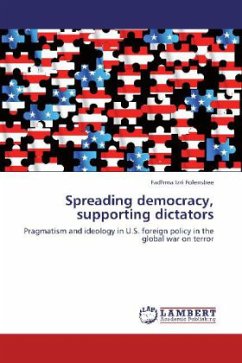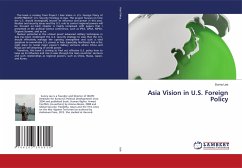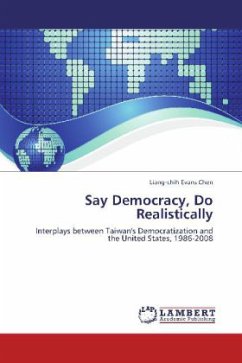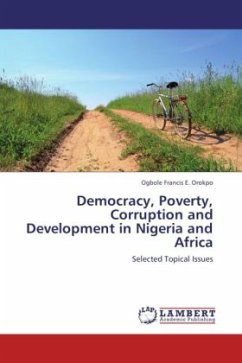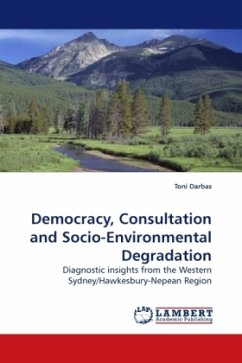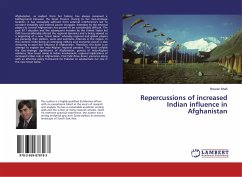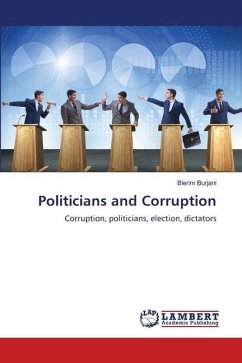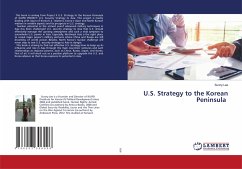Almost a decade after the tragic attacks that changed the dynamics of power and sealed the fate of millions around the world, the prospects for democracy in Muslim countries remain grim. Despite tentative and superficial reforms undertaken at low impact levels, human rights, the rule of law and freedom of expression and of opinion have a long way to go on the trajectory of political evolution in Muslim countries, especially those vulnerable to the Jihadist threat. Despite its pledge to protect freedom and democracy worldwide, the United States commitment to democracy promotion is limited by its perceived interests in different regions of the world. President Bush linked extremism to tyranny; however, the tyranny practiced by his newly de-demonized allies such as Pakistan, Egypt, Indonesia, Saudi Arabia, and central Asian states, among others, has angered more than it has pleased and by many accounts has exacerbated anti-American sentiments and the radicalization of Muslim societies..

